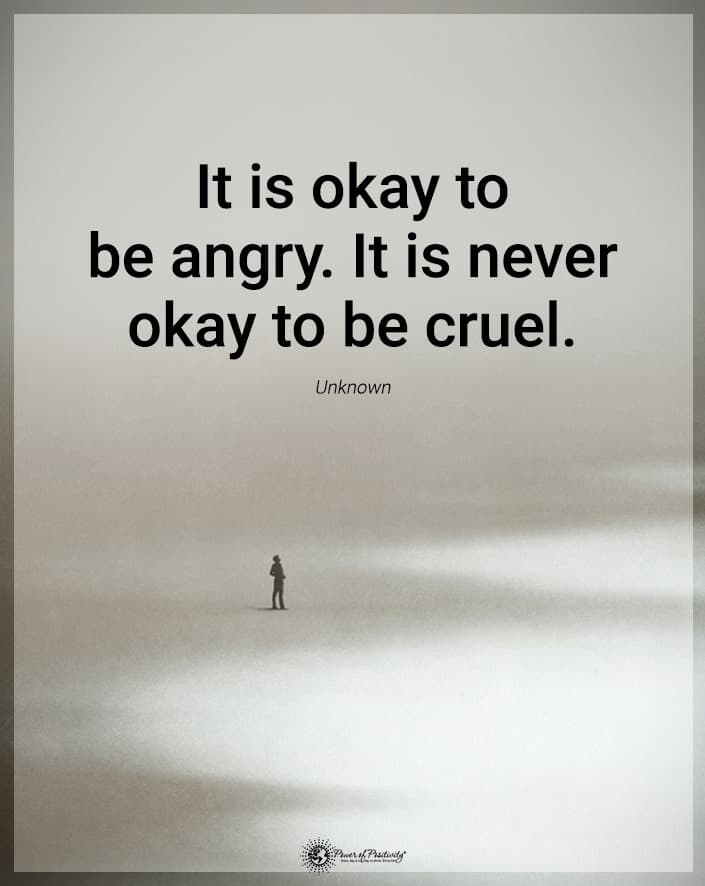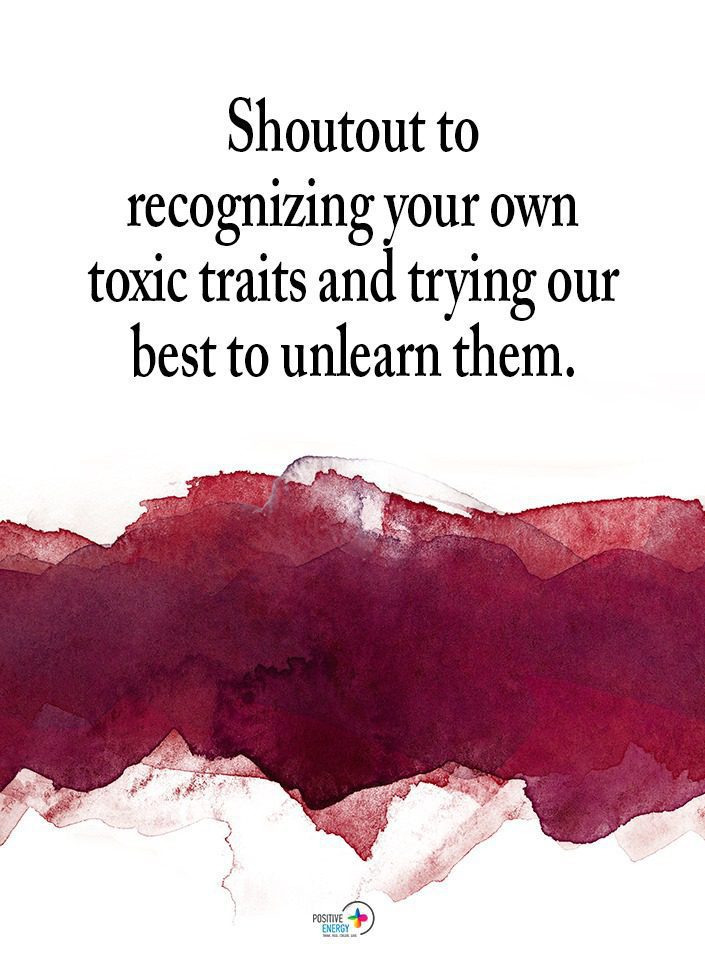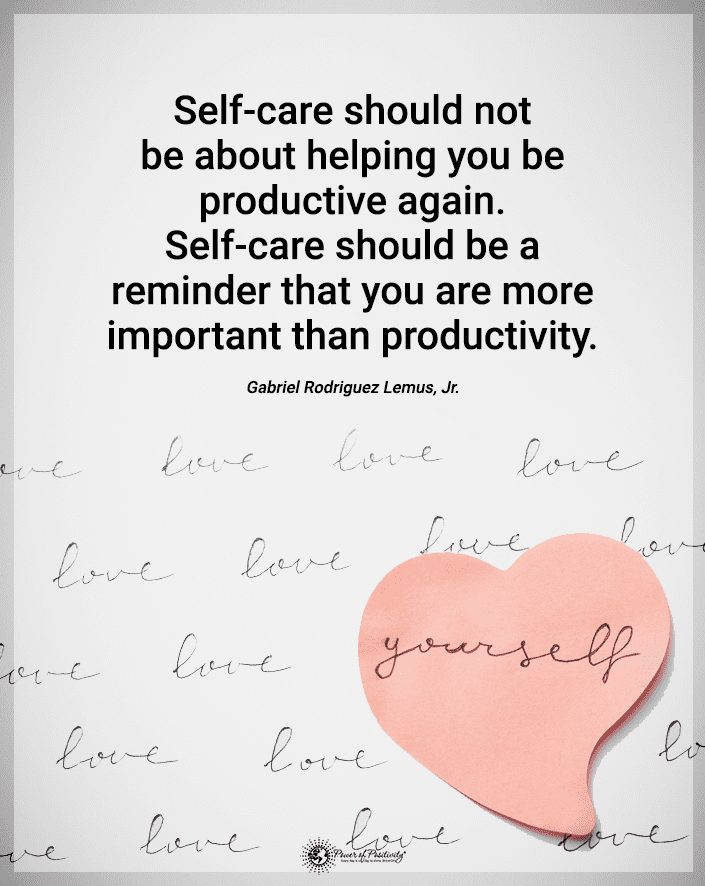There’s an old saying that if you want to love others, you must first learn to love yourself. It doesn’t have anything to do with selfishness or narcissism. You know to extend the same kindness and compassion to yourself as you would a best friend. Not only will you boost your self-esteem, but you’ll also improve other relationships.
Fifteen Ways Being Your Own Best Friend Helps Your Relationships
Countless books, poems, songs, and works of art have been dedicated to friendship. You can never have enough true friends in your life. Here are fifteen reasons you should befriend yourself before you do another person.

1. You’ll Learn Unconditional Love When You Become Your Own Best Friend
Watch your beloved pets if you want to learn about love with no strings attached. Animals don’t have hidden agendas and don’t demand a list of conditions for them to love you. Your fur babies accept you no matter what, and their love is pure and constant.
Offering yourself the gift of unconditional self-love teaches you the same principles for healthy relationships.
2. You’ll Gain Self-Awareness
It’s possible to go through your entire life and not be fully aware of yourself. You may know all the relevant facts about your life and preferences, but you’re so much more than times, dates, and daily events.
When you go below the surface and examine your mind and soul, you have a more profound sense of self-awareness. Meditation and other mindful practices are practical tools for gaining insights into yourself and understanding others better.
3. It Forces You to Treat Yourself Better–and Helps Other Relationship
Most religious traditions have a form of the Golden Rule of treating others how you want to be treated. However, what would happen if you treated your best friend the same as you treat yourself? Would the relationship be happy, or would it be quickly circling the drain?
Do you beat yourself up every time you make a mistake or have a shortcoming? Treating yourself gently doesn’t mean you make excuses or blame others. You benefit as well as your relationships when you forgive yourself with compassion.
4. It Makes You More Honest
Trust and honesty are the foundation of any healthy relationship. Your person trusts that you’ll always be honest with them. Unfortunately, sometimes being upfront with somebody doesn’t always feel good.
Consequently, how can you ever be honest with others if you’re not honest with yourself? You’ll always have internal challenges that need your attention. It’s your first step toward change when you can keep things accurate and recognize your faults.
5. It Allows You to Feel Less Lonely
It’s possible to be alone but not be lonely. Conversely, you can feel profoundly lonely in a crowded room. As you become more self-aware and comfortable in your own skin, loneliness isn’t as much an issue.
Robin Williams once said being alone wasn’t as bad as being with people who make you feel alone. Solitude and loneliness depend on your perspective. When you’re comfortable solo, then it makes time with your best friend more meaningful.
6. You Make Wiser Choices
Choosing the right paths isn’t as tricky once you’ve identified and visualized your goals. You know your destination and the route that’ll lead you to it. You learn to make better choices like you would advise your best friend.
It’s not that you’ll never make an occasional wrong turn. It’s only human, and you’ll do it countless times in your life. Using your goals as a GPS will help you turn around and get back on track.
7. It Boosts Your Self-Respect
Do you treat yourself as a person worthy of respect, dignity, and love, or do you tend to have a lot of self-loathing? If you don’t respect yourself, you may not gain the respect of others.
Your personal and professional relationships may tend to be more one-sided. An article published by the American Psychological Association explores the link between self-esteem and positive relationships.
Each aspect can affect the other one, either positively or negatively. One thing boosting your self-respect will do is not allow you to overpower people or allow them to control you.

8. Being Your Own Best Friend Helps You Learn How to Assert Yourself More
Some people have the misconception that assertion is synonymous with aggression. You needn’t even raise your voice or act threateningly to assert your rights. When you’re in a healthy relationship, you respect their boundaries and expect them to honor yours.
If not, you firmly assert your rights and teach others how you want to be treated. Assertion keeps the two-lane highway from being bottlenecked in one direction. Nobody can step on you unless you allow them to do so.
9. It Frees You to Follow Your Passions
Maybe one of the reasons you’re not enjoying a fulfilling life is that you don’t know your passions. What are your dreams, and what makes you feel you have a purpose? Mindful exercises and meditation can bring you greater clarity, and you can focus on your dreams.
Your inner voice will guide you intuitively to the things that bring you joy. A true best friend won’t stand in your way and will encourage you. You may even be the one standing in the way of success, and you must make changes.
Let’s say you have a successful career that you like, and it’s kept you reasonably comfortable. Yet, you feel like something is missing. Maybe you’ve built up the courage to change careers or fulfill a dream you’ve always had in your life.
10. It Help in Maintaining Your Identity in Other Relationships
Being in a relationship doesn’t mean discarding who you were in the past. While you may feel in tune with your partner, you still have separate personalities. You’re complimentary and aren’t replacements for each other.
It’s healthy to have a few hobbies and interests on your own. If you’re so much alike that there are no differences, neither of you will be happy. Remember that one plus one still equals two, and your individuality won’t be compromised.
11. It Helps to Create Stronger Relationships
As you work on being your own best friend, you develop skills that make you a better friend, relative, and coworker. You’ll also notice a more profound satisfaction with your significant other.
One of the reasons is that you’re more self-reliant and don’t depend on others for your happiness. You have more emotional independence, as well as more to offer. Plus, you don’t get hung up on egos and jealousy issues.
12. You’ll Be More Encouraging to Yourself
Everyone has an occasional bad day, and you want to drown your sorrows in a hot bubble bath. Sadly, when the bubbles are gone, and you’re wrapped in your favorite fluffy robe, you know nothing lasts forever. Even bad days and melancholy will pass.
You’re your own best cheerleader, and you encourage yourself. Maybe you failed this time, but you’ll try again. If someone doesn’t want to be your friend, you’re ok, and it’s their loss.
As you work on being a best friend to yourself, you’re more supportive of others. They can count on you to encourage them when things look bleak. In words and deeds, please do what you can to help them succeed.
13. You’ll Be More Positive When You Treat Yourself as a Best Friend
As you become more self-aware, you better recognize your potential. Your increased self-confidence gives you a better positive attitude. Pessimists and their negative vibes won’t hinder you.
14. You Use the Law of Attraction
Since you already know that like attracts like, the law of attraction makes sense. The Universe is your best friend and has your interests at heart. It will agree with any affirmation you send into it.
You’ll attract the same, whether it’s positive or negative. For example, most people don’t realize that their words have profound power. The Universe agrees when you speak affirmations of love and light and receive love and light in return.
However, affirmations of negativity, self-loathing, and darkness will keep you bound in that situation.
15. You’re Not as Easily Offended if You’re a Best Friend to Yourself
Plenty of mean people in this world have nothing to do but hate others. These negative individuals boost their low self-esteem by belittling others and making cruel remarks.
When you’ve learned to love yourself and be your own best friend, you see through them. Their mean-spirited comments and hateful conversation usually roll off your back. You’re human, and insults can hurt, but you realize they’re the ones with the problem, not you.
Likewise, you have enough healthy self-love that you don’t need to make others look bad. You value the importance of loyalty, and you’ll not engage in slander and gossip. You have your friends back just as they have yours.

Final Thoughts on Being Your Own Best Friend
Friendship is a basic human need that takes a lifetime of loving cultivation. The best way to learn how to be a friend is to treat yourself like one. When you practice self-love, compassion, encouragement, and esteem building, you’re better able to offer it to others in return.


















